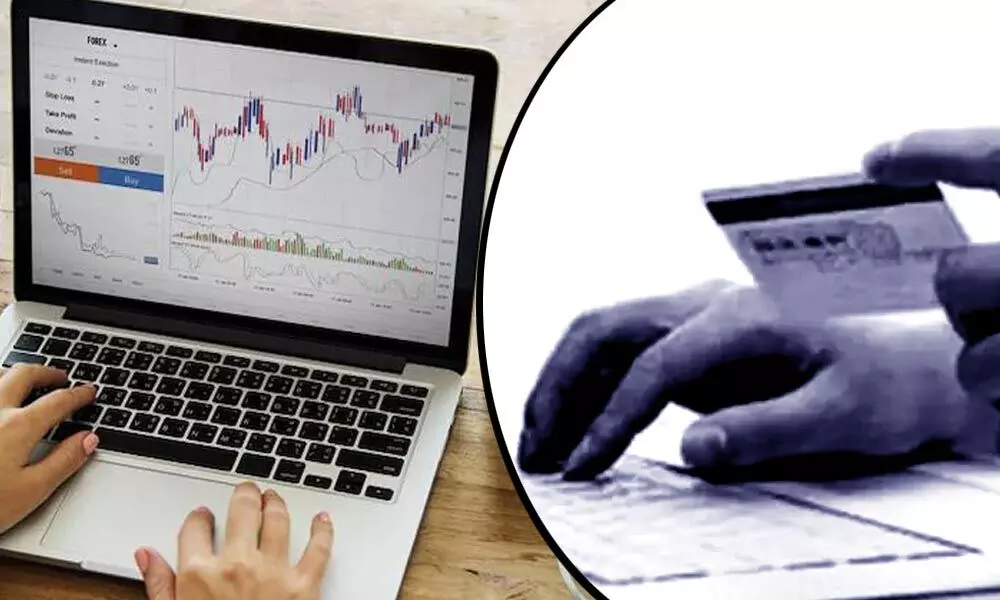When did you last meet somebody grasping offers declarations of an organization? Or, then again, somebody who needed to go the entire way to the enrolled office of an organization to purchase its portions, debentures, or some other security? Couldn’t I remember, right? Not your issue. Demat account has occurred of the actual structure in India long back. Because, to be sure, the act of buying, selling, and holding protections in their basic design has been in excess for some time. Maintaining offers or protections of any sort in their dematerialized structure is the advancement. It is influencing all over the planet today or rather a need or interest of the present day. Thanks to the unimaginable progressions in data innovation that is moving all the other things from paper to the screens of your gadgets, so why not share different protections as well?
We should get into it and start:
What is a Demat account? In the most straightforward terms, dematerialized account or a Demat account permits the financial backers to hold and deal with their portions and protections electronically. With the death of the Depositories Act, 1996, every one of the exchanges around the treatment of protections has become speedier and bother-free. Subsequently, in the present times, all that from buy, deal, and holding of offers and protections to the credit or charge of any related expenses or charges or interests is embraced through your Demat and exchanging account only. Owing to this command passed by SEBI in the year 1996, it is currently mandatory to have a Demat account on the off chance that you would need to put your cash in the financial exchange. In this way, if you need to exchange on a stock trade, say BSE or NSE, you want to have a Demat account. Dematerialization is an entirely different rush from how the financial exchange works today.
What is the distinction between a Demat and an exchanging account?
This is a regular and normal question that strikes a chord with anybody entering the financial exchange or who is starting with his interests in shares and securities. A Demat account is more similar to a medium to store/hold the protections you currently have in your portfolio. You can’t trade through your Demat account; you want a Top looser Today. An exchanging account resembles a mediator between your bank/investment account and your Demat account. Your merchant can assist you with getting both Demat and exchanging reports simultaneously from a similar spot; ensure you ask cautiously at the hour of your connection with the delegate.
How and where to open a Demat to represent yourself?
How – In present times, opening a Demat account is as straightforward as recording a web-based structure or settling on a decision, meeting your representative specialist and giving your different subtleties. Visit the particular site, fill in the system or get their contact number and solicitation an eye-to-eye collaboration before you go ahead. Where – Before we let you know where we want you to see the distinction between a Depository and a Depository Participant (DP).






Comments